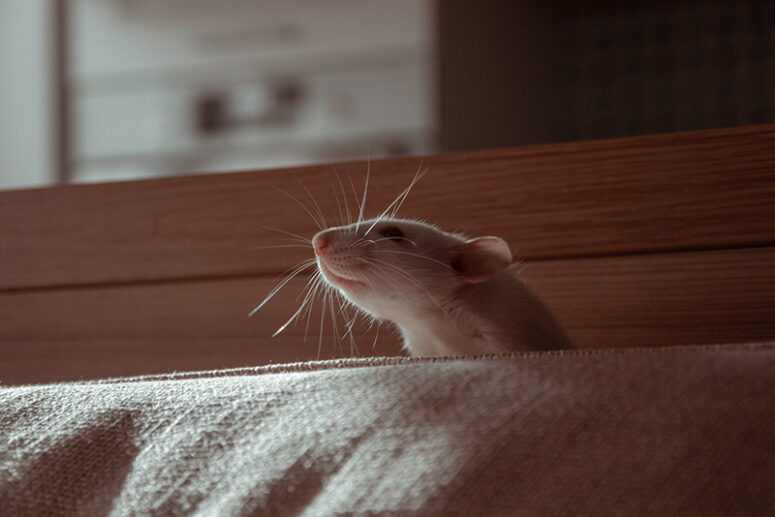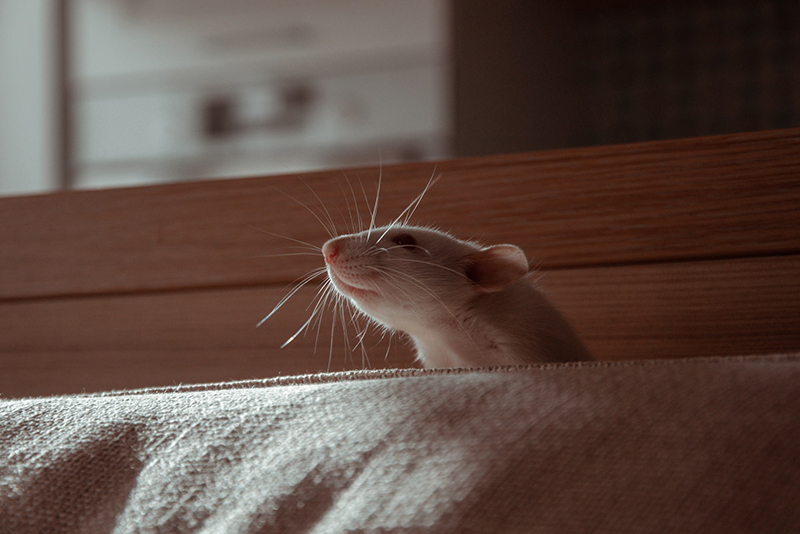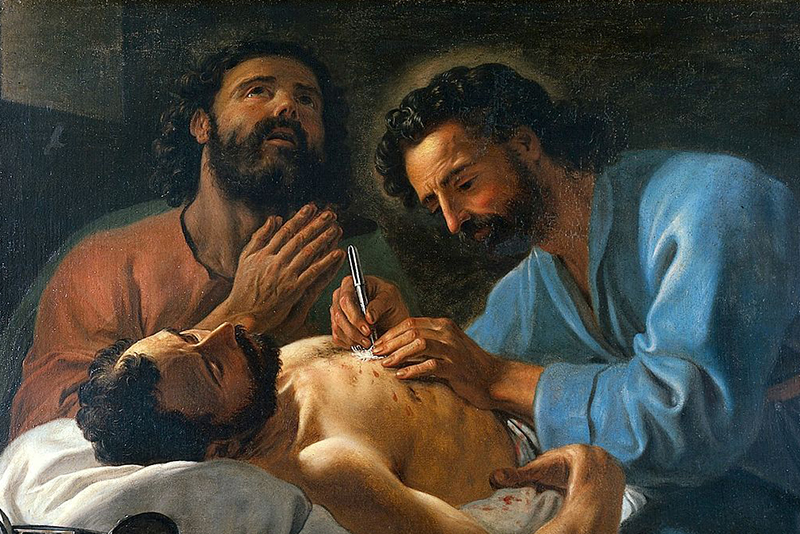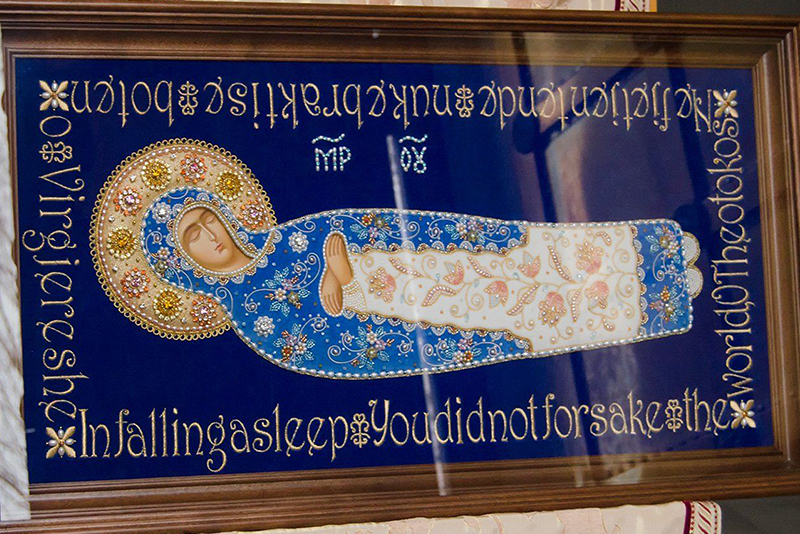
Rats that have been rescued once are able to fight for their lives longer.
In the middle of the twentieth century, the famous American biologist Kurt Richter, known for his concept of the biorhythms’ influence on living organisms, conducted an interesting, albeit cruel, experiment.
Placing rats in a vessel filled with water, the scientist timed their struggle for life. On average, each animal floundered in the water for about 15 minutes before drowning. At the second stage of the experiment, Richter pulled the drowning rats out of the water at the last moment, letting them rest, and then putting them into the bucket again. Amazingly, this time the rats stayed on the surface for at least 60 hours, that is, 240 times longer!
The scientist explained this phenomenon in the following way, “In a situation where they have no protection, the rats literally give up”. Commenting on the result shown by the once rescued rats, Richter explained it by their faith in a new salvation, “Hope is the number one driving force!”
Usually, commenting on this experiment, psychologists speak about the importance of self-confidence, having an elastic temperament, etc. But, I think, this is not what this experiment is about at all.
Often we observe atheists and believers behaving differently when facing similar life problems. Why do the former often fall into despondency, depression and even commit suicide when they fail, while the latter remain calm and look ahead with optimism (in most cases)? Why are there so many examples of Christians who once found themselves in cruel and extreme conditions (concentration camps, prisons, exile, etc.) and not only resisted despair and supported their fellow men, but also showed love for those who persecuted or tortured them? It is hardly because they hoped and believed in their own strength?
But knowing that not a hair of your head will perish without the will of God Who is always there to come to your aid in the most difficult situation, motivates you to live even if you feel like a rat caught in a bucket of water.
Translated by The Catalogue of Good Deeds
Source: https://spzh.news/ru/mysli-vsluh/80217-o-krysah-i-vole-k-zhizni




